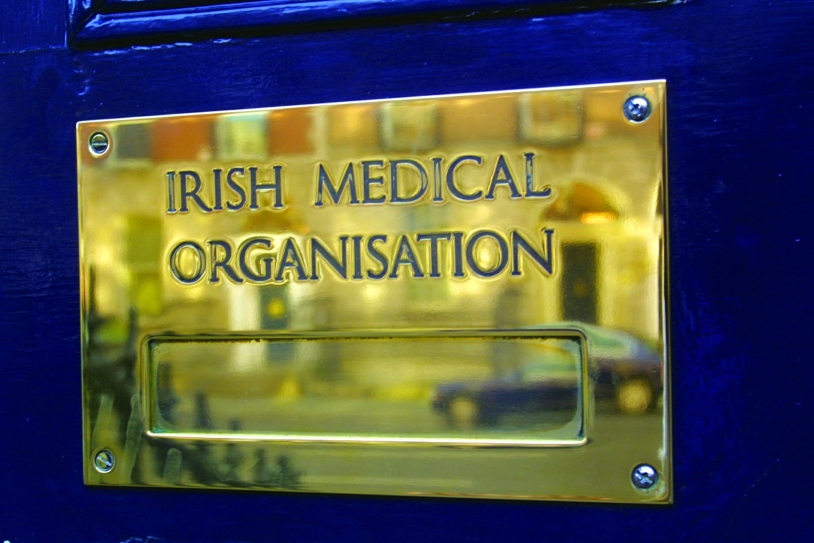Transplant services in Ireland, and other countries, are in peril due to the Covid-19 pandemic.
The Irish Government’s action plan on Covid-19 commits to ensuring ongoing services for vital specialties including organ transplant.
However, on 24 March, the HSE confirmed to the Medical Independent (MI) that renal transplants at Beaumont Hospital, Dublin, had been “paused”.
This decision was taken by the renal transplant service after “careful consideration” of the issues involved.
The HSE said “all necessary action” was being taken to ensure that organ donation and transplant services continued “in so far as practically possible”.
Multi-centre multidisciplinary team meetings were being held regularly on these matters.
On 25 March, St Vincent’s University Hospital, Dublin (which conducts pancreas and liver transplants) said “critical transplant surgeries” continue when suitable donors become available. A response was awaited from the Mater Misericordiae University Hospital, Dublin (which conducts heart and lung transplants).
Information issued on 12 March by the British Transplantation Society stated that the decision to undertake transplant during the outbreak “will need to be made on a case-by-case basis where the risk of infection at a time of peak immunosuppression must be balanced against the risk of organ failure or treatment of organ failure”.
According to international correspondence (dated 17 March) received by NHS Blood and Transplant (NHSBT), the Covid-19 crisis in Spain was “having a tremendous impact on the entire system, that we could hardly imagine”.
Spain was testing all donors (and patients on the waiting list prior to transplantation) “but this is a secondary issue compared to ICU capacity”.
“The most affected areas are only able to accept organs for urgent or extremely ill patients on the waiting list.”
On 17 March, Dr Graham Lipkin, President of the Renal Association (the UK professional body for nephrologists and renal scientists) issued a notice to colleagues stating “these are truly unbelievable times”.
“Live donor transplantation continues on a case by case with little activity in most adult centres and deceased donor transplantation continues under review by NHSBT,” reported Dr Lipkin.
Speaking to MI on 18 March, Irish Kidney Association CEO Mr Mark Murphy said if ICUs became overwhelmed they would not be able to manage donors “and no-one would expect them to”.
He was also greatly concerned about Covid-19’s potential impact on dialysis services.
“The demands on the dialysis services could be immense.”
As of December, 1,925 adult patients were receiving haemodialysis in units nationally (including six in Northern Ireland).
The HSE confirmed to MI it has procured a facility to deliver dialysis treatment in isolation rooms. “This is to facilitate treatment of Covid-19 patient care both for dialysis patients and for patients that develop acute kidney injury in the setting of Covid-19 infection.
“Covid-19 testing will be done on dialysis patients as clinically appropriate. At present, the plan is that patients with Covid-19 illness would be dialysed in isolation.
“This may change as the rate of infection increases. It may be necessary if the number of patients on dialysis with Covid-19 is greater than isolation capacity in specific units, to cohort infected patients to specific dialysis shifts.”
*Organ Donor Awareness Week, which was due to start on Saturday, had to be cancelled because of the Covid-19 crisis. The public are encouraged to support the work of the Irish Kidney Association and can Freetext KIDNEY to 50300 to donate €4. Texts cost €4 and the Irish Kidney Association will receive a minimum of €3.60.













Leave a Reply
You must be logged in to post a comment.